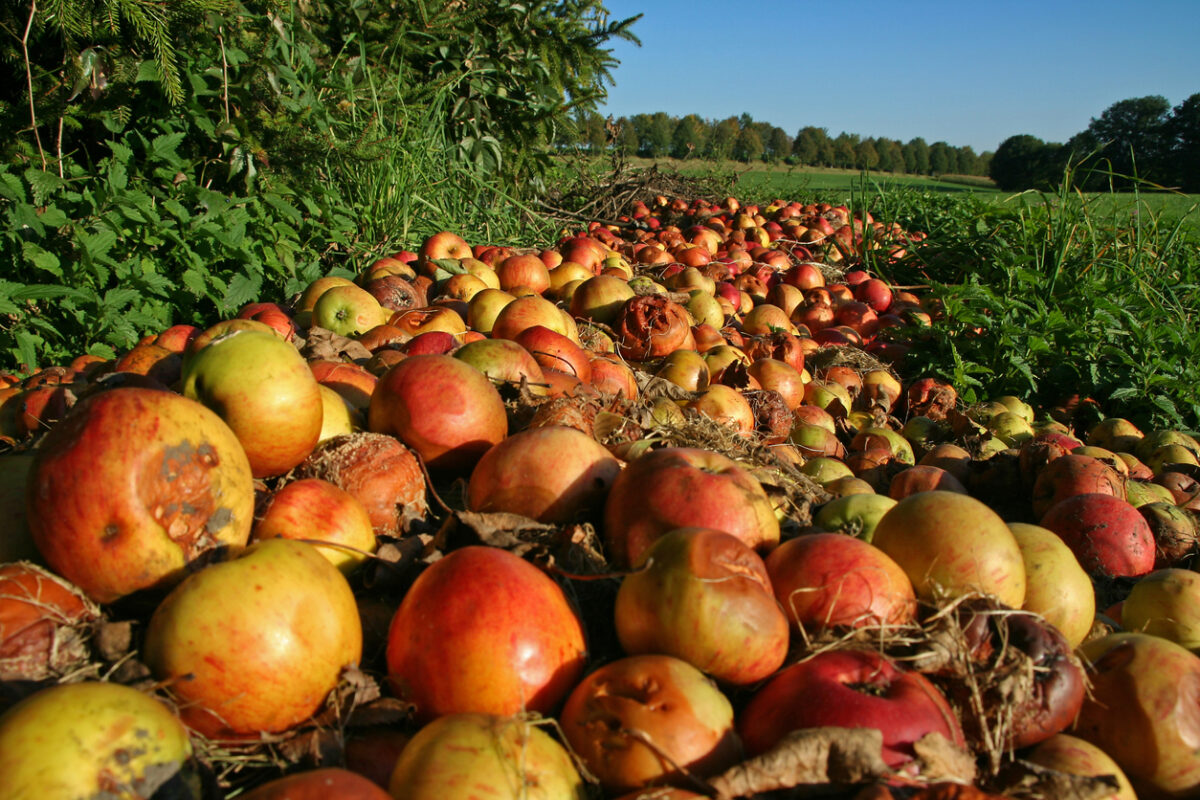UK food bill prices have risen by 6% due to Brexit says new report

Food prices have risen by 6% since the UK left the European Union, according to recent research from the London School of Economics (LSE) and other universities.
The findings were put together by researchers at LSE, Bocconi University in Milan, University College London, and University of Oxford, and supported and published by the UK in a Changing Europe (UKICE) research initiative.
According to the report, the primary reason behind the jump in prices is the increased trade barriers between the EU and UK, as well as the ongoing impact of the Trade and Cooperation Agreement (TCA) – the agreement between the two parties which establishes arrangements for future co-operation across a range of areas including trade, road haulage and fisheries.
By comparing the price change of food imported from the European Union between the end of 2019 and 2021 with those imported to the UK from elsewhere, the authors found food from the EU bloc had become the most costly.
Products with high EU import shares – foods like fresh pork, tomatoes, and
jam – were more affected than those with low EU import shares such as tuna and
exotic fruits such as pineapple.
The price of food imported from the EU increased the fastest in January 2021, when the EU- UK trade agreement, the TCA, came into play.
While the TCA does not place any tariffs on goods moving through Britain and the EU, regular food-safety inspections, delays at customs and extra paperwork have caused long waits between Dover and Calais and therefore are bringing additional costs to producers.
The report explains: “Firms could change the partner countries from which they are importing, or purchase domestically, but assuming they were operating in the most efficient manner initially, any change is going to incur extra costs. These costs may then be passed on to consumers, increasing consumer prices.”
Researchers did not see a similar impact on non-food imports, suggesting that perishable food items in particular “are more vulnerable to border delays”.
“This research demonstrates a clear and robust impact of Brexit-induced trade frictions increasing food prices for UK consumers during a time when the economy is already facing inflationary pressures from global sources,” said Nikhil Datta, one of the authors of the UKICE report.
Consumer price inflation in the UK reached 7% in March 2022 according to data from the Office for National Statistics, which is the highest level reached in 30 years. The cost of living crisis is set to get worse in the UK, with groceries for the average family being predicted to go up by more than £1,000 a year.
On an LBC radio show earlier this month, Brexit Opportunities Minister Jacob Rees-Mogg said he believed the increase in food prices was due to worldwide inflation as well as the Russia-Ukraine war, rather than Brexit.
The results of this recent report however suggest differently. Jonathan Portes, Senior Fellow at UK in a Changing Europe, said: “While Brexit is not the main driver of rising inflation or the ‘cost of living’ crisis, this report provides clear evidence that it has led to a substantial increase in food prices, which will hit the poorest families hardest”.








